MORE ON Emerging Market Business
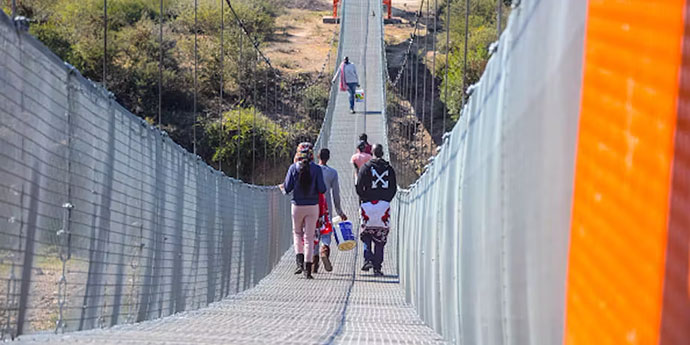
Development finance: how it works, where it goes, why it’s needed
Development finance addresses the failures or limitations of financial institutions such as commercial and investment banks. It is the invisible glue that connects public and private financing for projects that have social, economic and environmental outcomes.
Read Article
Export finance and development finance: How Acre Impact Capital is providing a nexus for convergence
Bringing development finance actors together is key to unlocking sustainable infrastructure growth where it is most vital.
Read Article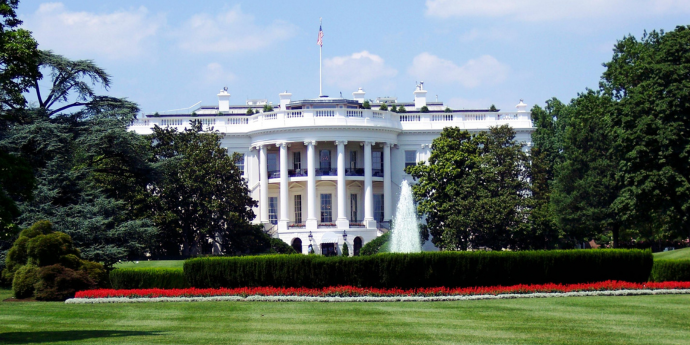
Trump’s USAID Freeze: A Wake-Up Call for South Africa’s Aid Sector
Kay Lala-Sides, an MPhil Inclusive Innovation graduate and PhD candidate at the UCT Graduate School of Business, examines the impact of Donald Trump’s suspension of USAID funding to South Africa and what it means for local organisations. With donor scrutiny increasing, she highlights the urgent need for stronger governance, strategic fund management, and accountable leadership to ensure aid effectiveness. Can South Africa’s social sector rise to the challenge?
Read Article
How the rules that govern our economies can change
Impact investing offers a promising solution to address the world’s social, environmental, and economic challenges. By merging financial returns with measurable positive impacts, it’s reshaping how we think about investment. However, achieving the balance between profitability and true societal impact isn't always easy. This article delves into the complexities of impact investing and how we can rethink the rules to build more sustainable economies.
Read Article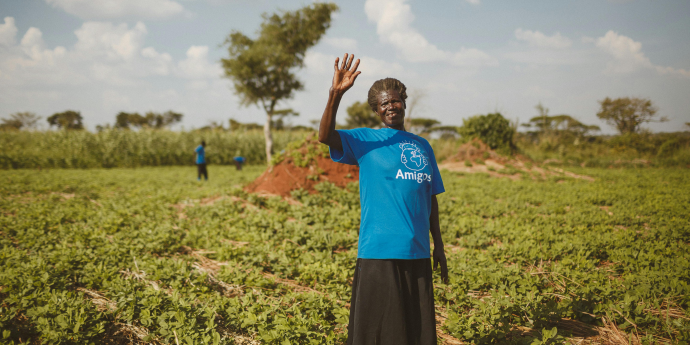
Small Holder Farming Value Chains in Africa
To create inclusive value chains that truly benefit smallholder farmers, companies need the willingness to challenge themselves, to develop new capabilities, and to reevaluate how they define value. Senior lecturer at the UCT GSB Annika Surmeier co-authors a thought-provoking piece
Read Article
EMBA24’s immersive journey into the hustle and heart of Nairobi
In April 2024, EMBA24 students embarked on a trip to Nairobi, exploring the vibrant culture, economy, and entrepreneurial spirit of Kenya. From engaging with local businesses to understanding the impact of social enterprises, the experience provided valuable insights into the GSB’s vision of better African leadership.
Read Article
Farayi Kambarani at the UCT GSB ARW2023
Farayi Kambarami is a Supply Chain Planning, Data and Analytics professional with over 25 years of experience in various roles within these fields.
Read Article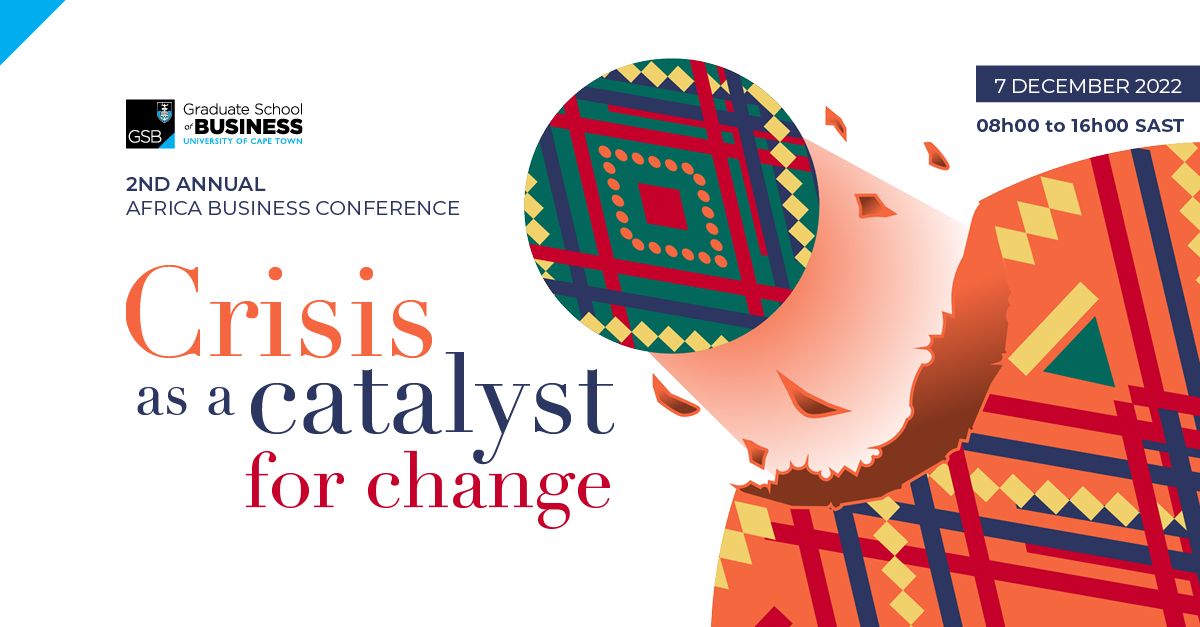
UCT GSB conference to share insights on how to do business in Africa
The Africa Business Club at the University of Cape Town Graduate School of Business (UCT GSB) will present its 2nd Annual Africa Business Conference at the school’s Waterfront campus at Lecture Theatre 5 on 7 December 2022.
Read Article
Insights from Zimbabwe on how to link formal and informal economies
Government alone will not be able to bridge the gaping chasm between South Africa’s formal and informal economies. There are innovative intermediaries better suited to the task – but government must play a key enabling role to allow them to do what they do best.
Read Article
The war in Ukraine and its broader implications for the international green energy transition
The Russian invasion of Ukraine has highlighted the importance of energy politics in international relations and resulted in calls to accelerate the green transition to reduce fossil fuel dependencies. However, the strategic importance of Ukraine's natural resource wealth, particularly as it relates to Europe's energy- and resource-independence in coming decades, is being overlooked both as a potential contributory factor to the war in Ukraine and in terms of its long-term implications.
Read Article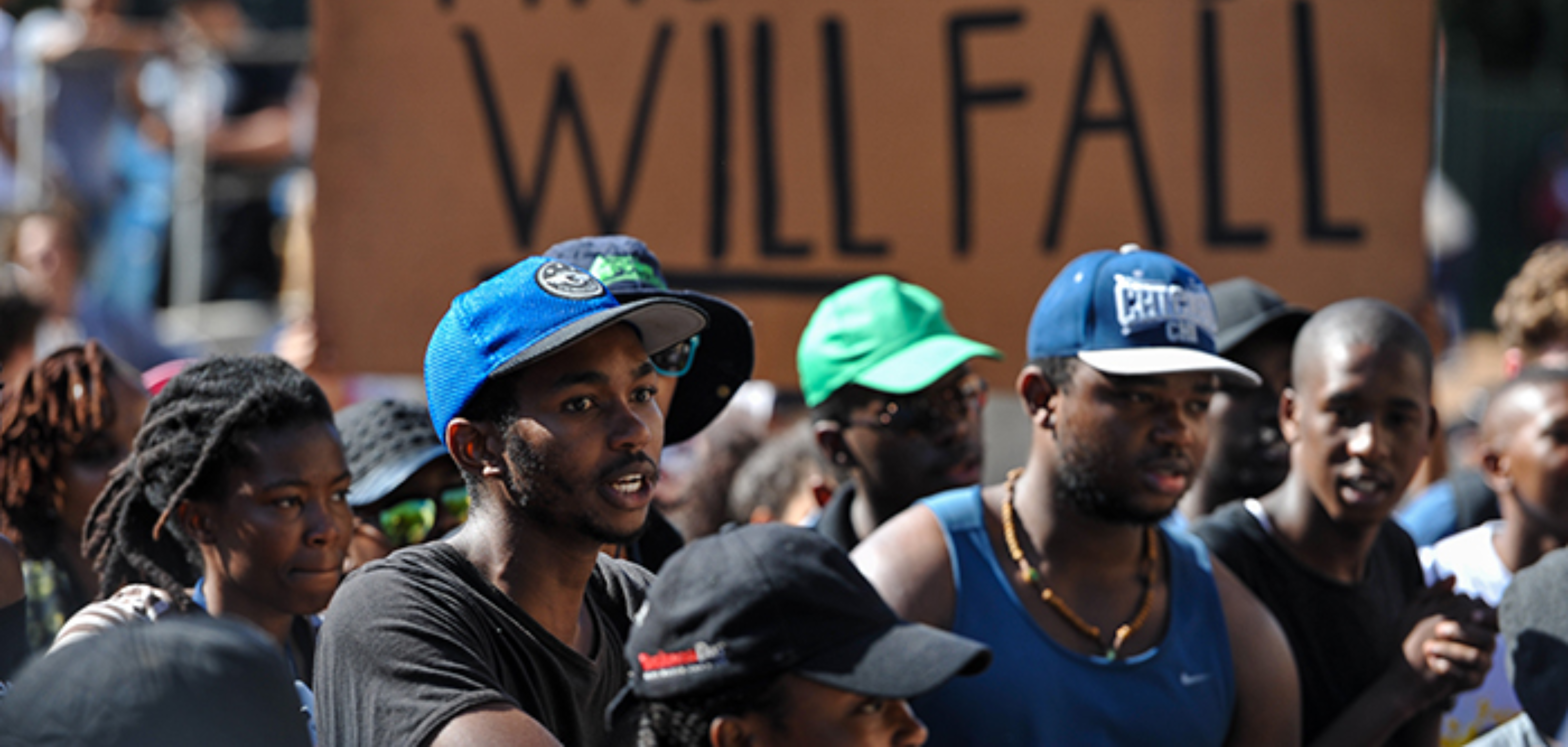
Why inequality persists: How institutions and organizations reproduce inequality
The continued institutional reproduction of inequality is a matter of growing concern in vast parts of the world.
Read Article
UCT GSB partners with 6 other institutions in energy to launch the African School of Regulation (ASR) initiative.
The initiative to create the African School of Regulation (ASR) has been launched via a scientific knowledge partnership agreement among the European University Institute (EUI), the University of Cape Town’s Graduate School of Business (GSB), the Pan African University Institute of Water and Energy Sciences (PAUWES), the Enel Foundation, Rocky Mountain Institute (RMI), and the Energy Nexus Network (TENN).
Read Article
Never mind a wealth tax, South Africa needs a corruption tax on companies that collude in State Capture
Without private sector collusion, South Africa’s numerous corruption scandals would have been near impossible. A corruption tax on private sector companies complicit in corrupt activities should be introduced.
Read Article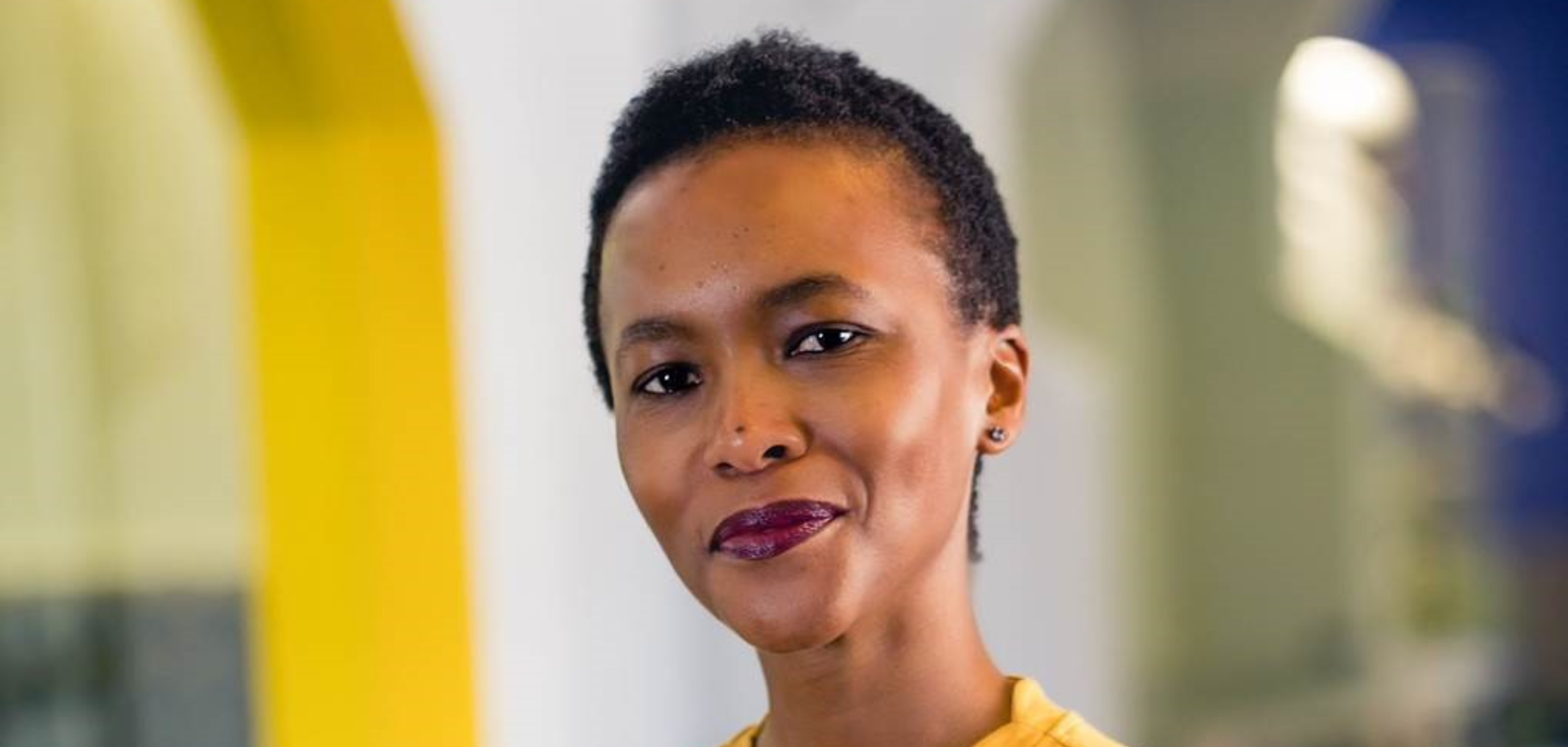
For tech to change Africa’s fortunes, we have to understand our context
Buhle Goslar, an MBA graduate from the UCT GSB, shows how business can use technology to make headway in Africa and turn around the continent’s digital and human fortunes.
Read Article
Environment emergency overtakes technological advancement as the most significant challenge to global business
CEMS alumni survey reveals that 43% of professionals now believe that the environmental emergency is the biggest challenge international business leaders will need to tackle in the 21st century, well ahead of technology (27%).
Read Article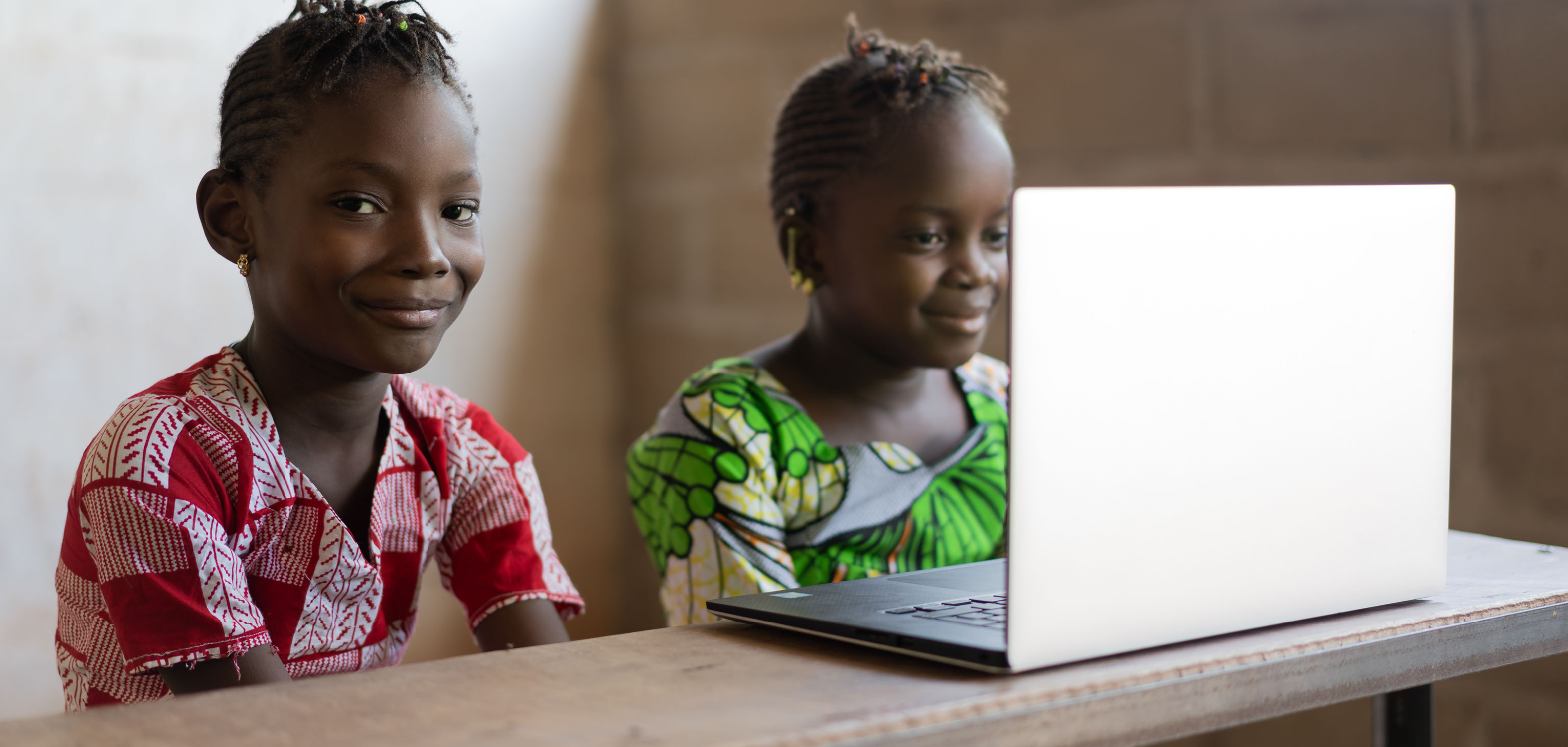
The promises and perils of Africa's digital revolution
Exponential digital advancement across Africa, spurred on by the COVID-19 crisis, is indeed a game changer. But its impact – the good and the bad – requires a more nuanced and intelligent analysis if we really are to build back better.
Read Article
Cyber security: a critical risk that’s only set to get worse
The Transnet cyber-attack should sound a warning bell to vulnerable State Owned Enterprises and private sector firms that have been slow to beef up their cyber security systems. The alarming rise in ransomware attacks means many are only one click away from disaster.
Read Article
Is the business community making environmental sustainability a priority in the wake of the pandemic?
National Environmental Awareness month is celebrated in June. We asked UCT GSB Prof Ralph Hamann to share his views on the role of business schools in addressing climate change, and whether COVID-19 has caused the business world to reprioritise environmental sustainability.
Read Article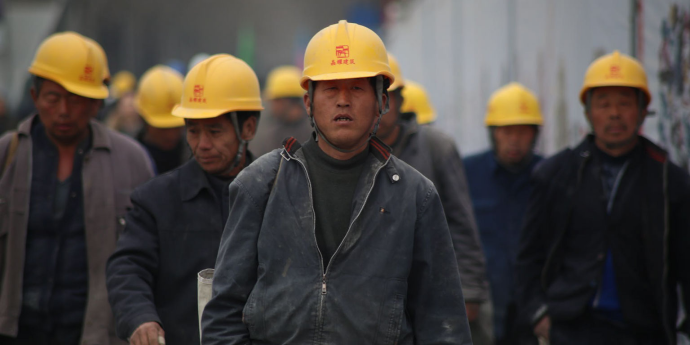
Why AfCFTA will not put Africa at odds with China
While many worry the newly-launched African Continental Free Trade Area (AfCFTA) may harm Africa-China relations, more attention should be given to improving ease of doing business for local and Chinese businesses alike.
Read Article
Ministers are holding up energy reforms, keeping SA in the dark
A trillian rand needs to be invested in new power in South Africa over the next decade in order to restore energy security. Opening up the electricity sector to massive flows of private investment in generation capacity is now our only option, but key enabling reforms still have to be enacted.
Read Article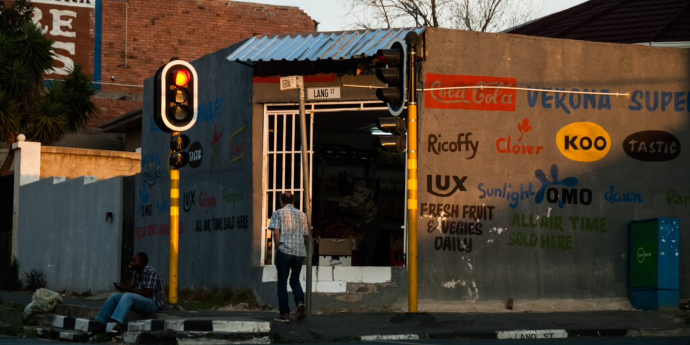
All eyes on DFIs as Africa looks to economic recovery
DFIs can be the catalysts for a stronger and more inclusive continent, but they need to expand their remit to include a focus on SMEs as a key priority.
Read Article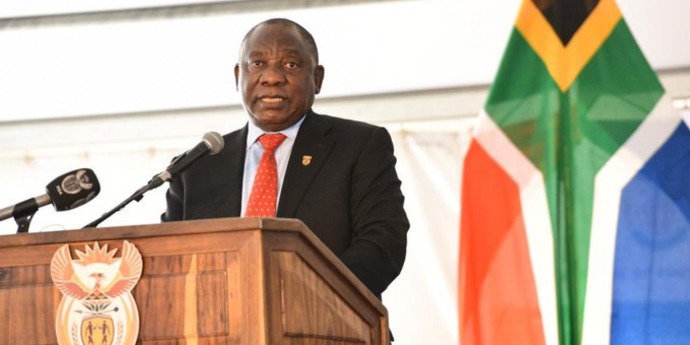
SA is running out of time to fix its society and economy
Freedom Day celebrations ring hollow when the vast majority of black people in this country remain economically and socially marginalised. To unlock our future, we must invest in our people — and fast — to build a new culture of innovation, proactiveness, and risk-taking.
Read Article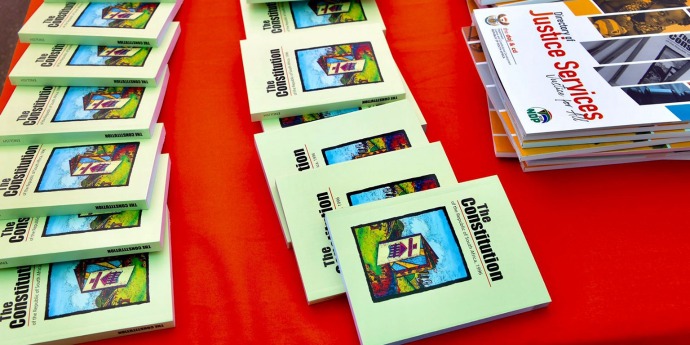
Is support for democracy in SA waning?
On 27 April each year South Africans celebrate Freedom Day in commemoration of the first democratic elections in 1994. We asked UCT GSB Professor Thomas Koelble to give us his thoughts on whether support for democracy in the country is waning, and how this system is being affected by globalisation.
Read Article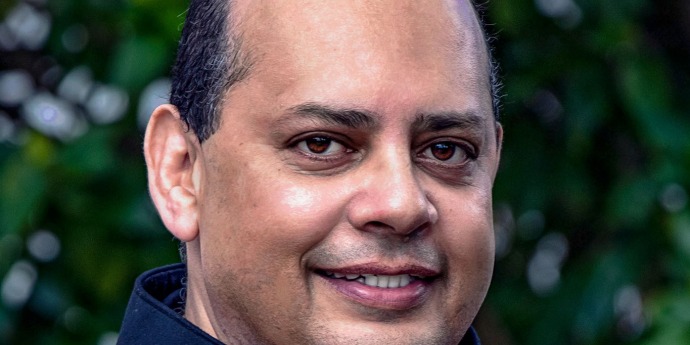
Social justice in South Africa is as much business’ crisis as it is government’s
Busisiwe Mavuso (CEO at Business Leadership SA) was the speaker at the quarterly Allan Gray Speaker Series event, hosted virtually by the UCT GSB in March. We asked Professor Kurt April, who led the discussion, to share some of the key takeouts.
Read Article
Vaccine roll-out woes put spotlight back on Africa’s power crisis
As African countries scramble to acquire and roll-out vaccines across the continent, the urgent need for reliable energy supply is once again in the spotlight.
Read Article
COVID-19 vaccination is the social justice challenge of our time
The first COVID-19 vaccines have arrived in South Africa amid much fanfare — drowning out the voices of those asking why we are paying double for them in the first place and why they are unlikely to help those who need them most.
Read Article
UCT GSB teaching case study on SA film industry wins top international award
Researchers from the UCT Graduate School of Business (GSB) have taken top honours in a prestigious international case writing competition, for their teaching case on the challenges of financing digital entertainment.
Read Article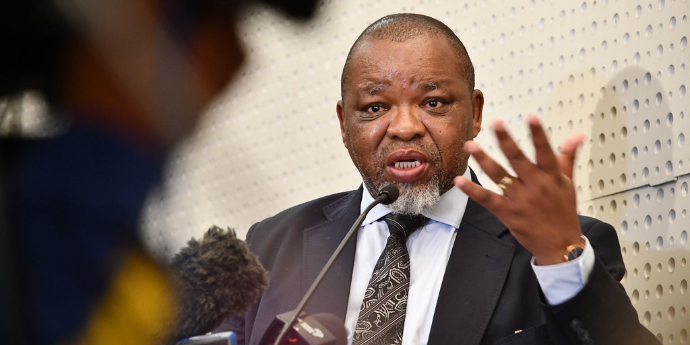
New coal and nuclear power proposals undermine prospects of a post-Covid-19 economic recovery
The Department of Mineral Resources and Energy’s attachment to ‘clean coal’ and new nuclear as immediate options for a post-Covid-19 economic recovery would be comical if they were not financially ruinous. Their fixation on these non-competitive, non-commercial technologies is now wasting scarce public resources.
Read Article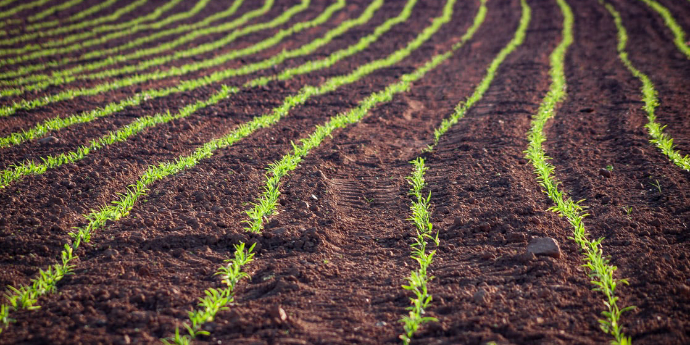
The role of development finance in rebuilding South Africa’s economy post-COVID-19
The global COVID-19 pandemic has set back developing countries especially, but it also offers an opportunity to rethink their development path.
Read Article
It's the 80s rewind - but with internet
South Africa needs to seize the opportunities for digitisation which have emerged as a result of the COVID-19 crisis, in order to thrive in the new global economy.
Read Article
Q&A with Siwe Kuse about the Open Africa Power programme
Siwe Kuse, a researcher at the Power Futures Lab spoke with Cape Talk's Kieno Kammies about being a fellow on the Open Africa Power (OAP) Programme, an education initiative co-hosted hosted by the UCT GSB in partnership with Enel Foundation and the Nelson Mandela Foundation.
Read Article
Enel Foundation and UCT GSB host energy training in SA in celebration of Nelson Mandela
Enel Foundation, together with the UCT GSB as host, has inaugurated the third edition of Open Africa Power (OAP), aimed at empowering a new generation of leaders to drive Africa’s clean energy transition.
Read Article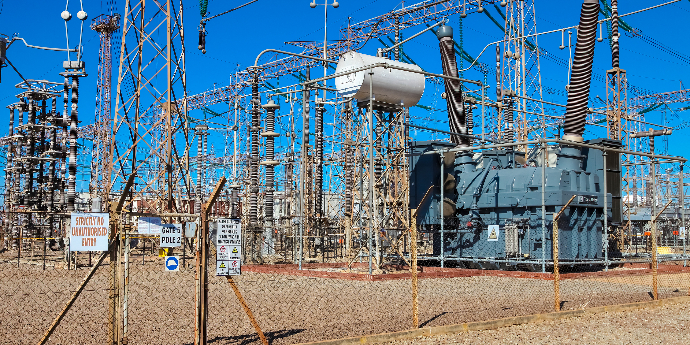
Time is running out if we want to fix SA’s power crisis
Eskom’s new CEO Andre de Ruyter says it will take time to solve the South Africa energy situation. But as a new CSIR report chillingly points out - time is not on our side.
Read Article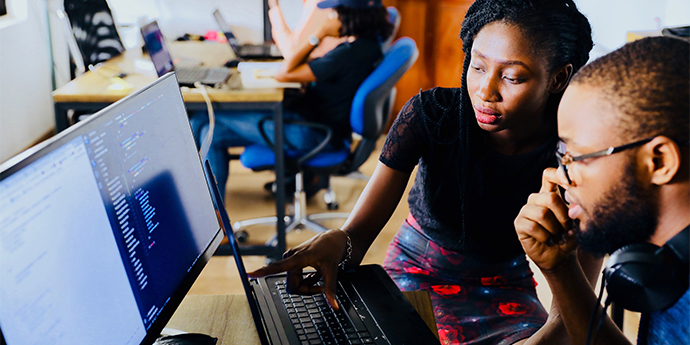
Can the coming digital tsunami carry Africa to higher ground?
There is growing evidence that digitalisation could create new opportunities particularly for innovative entrepreneurs, and bring more inclusive growth through real job creation if the right choices are made.
Read Article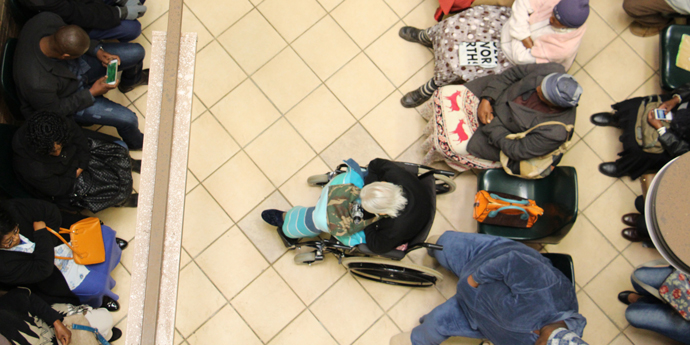
Improving healthcare in remote areas of Africa requires radical collaboration
While there are many innovative healthcare initiatives working to improve healthcare in rural Africa, the reality is that no one organisation can go it alone. Radical collaboration between organisations and with governments is needed to overhaul the system.
Read Article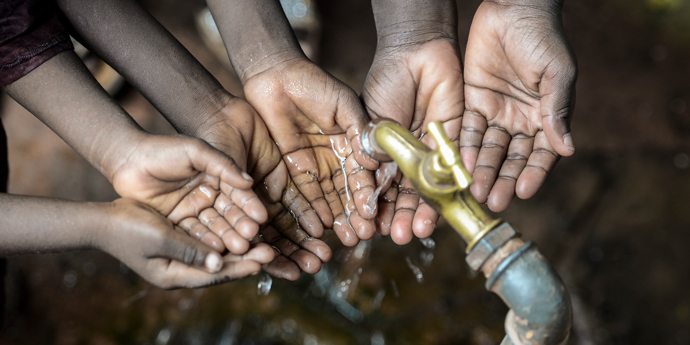
Three winning ways to tackle youth unemployment through development finance
Development finance is an underutilised tool that can be directed towards tackling South Africa’s unacceptably high youth unemployment beyond the remit of mainstream finance.
Read Article
Back to blackouts: SA's energy problems just the tip of the iceberg
Public-Private Partnerships, access to financing and targeted skills development will be crucial in addressing Africa’s chronic power shortage.
Read Article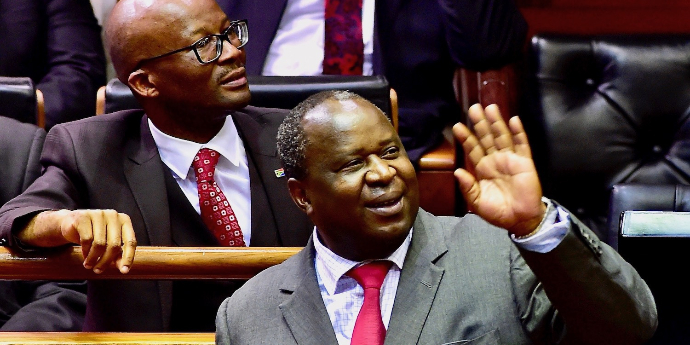
Development Finance Institutions (DFIs) can lead SA’s economic recovery
While government has identified DFIs as a key partner in delivering an economic turnaround — these institutions lack capacity and resources to do their jobs effectively. Fixing this will be a necessity.
Read Article